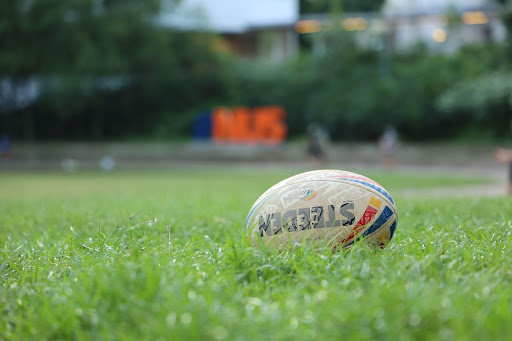In the high-impact world of rugby, strength, speed, and skill often steal the spotlight—but the true battle is just as much psychological as it is physical. The game’s relentless collisions and chaotic scrums are mirrored by an invisible mental contest that separates the good from the great. Interestingly, athletes and fans alike are turning to mindfulness, visualization, and even tools like Fortunica — a platform focused on self-reflection and clarity—to strengthen the mental side of their game. Because in rugby, the mind is the ultimate playmaker.
The Mental Game Behind the Muscle
Rugby’s mental dimension begins long before kickoff. Players must prepare to handle pressure that builds throughout the week—pressure to perform, to represent their team, and to execute complex strategies under fatigue. Sports psychologists often compare rugby to a chess match played at sprinting pace, where decision-making under duress defines success. A split-second hesitation can open a gap in the defense—or close one for good. This is where mental resilience, not just muscle, becomes the deciding factor.
Mastering Controlled Aggression
One of the most fascinating aspects of rugby psychology is emotional regulation. Unlike many sports, rugby encourages aggression—but only the right kind. Players must channel intense energy without losing control. The best captains are those who can rally their team’s passion while keeping tempers cool enough to avoid penalties. Think of Richie McCaw, the legendary All Blacks skipper: calm, calculating, and ruthless. He embodied the art of “controlled chaos,” mastering the mental edge that made his team almost untouchable.
The Power of Visualization
Visualization techniques have also become a cornerstone of elite rugby preparation. Before major matches, players mentally rehearse lineouts, tackles, and defensive formations—priming neural pathways to react instinctively under pressure. It’s not superstition; it’s science. Studies in sports psychology show that mental rehearsal activates the same brain regions used in actual play, sharpening performance even when the body rests. England fly-half Jonny Wilkinson famously visualized every successful kick before his boots even touched the ball—a mental routine that culminated in his World Cup–winning drop goal in 2003.
Building the Collective Mindset
Beyond individual focus, rugby’s culture of collective mindset adds another layer of psychological intrigue. Every team’s success depends on shared trust and communication. In the scrum, eight bodies must move as one; in defense, players rely on each other’s positioning and commitment. The mental connection within the squad often determines whether a team fractures under pressure or fights to the final whistle. That unity is forged through rituals, locker-room banter, and relentless training that builds belief as much as brawn.
The Rise of Mental Coaching in Rugby
As the professional era has advanced, teams have started investing heavily in mental conditioning. Modern rugby squads employ full-time performance psychologists who work on confidence, stress management, and even sleep patterns. The results are clear: mentally prepared teams bounce back faster from setbacks, adapt better to changing tactics, and maintain composure in sudden-death scenarios.
But the mental game doesn’t belong only to professionals. At the grassroots level, players face the same emotional rollercoaster—missed tackles, narrow losses, injuries, and the ever-present desire to improve. Building mental resilience helps players find joy and growth amid these challenges. It’s a reminder that rugby is more than a contest of bodies; it’s a test of spirit.
The Mindset That Wins Matches
In the end, rugby teaches one of life’s most profound lessons: control what you can, embrace uncertainty, and stand tall when the odds are against you. Every try scored, every ruck won, begins in the mind. Whether you’re kicking under pressure in front of thousands or just starting out on the muddy pitch at dawn, remember—the strongest weapon in rugby isn’t your shoulder or your sprint. It’s your mindset.


